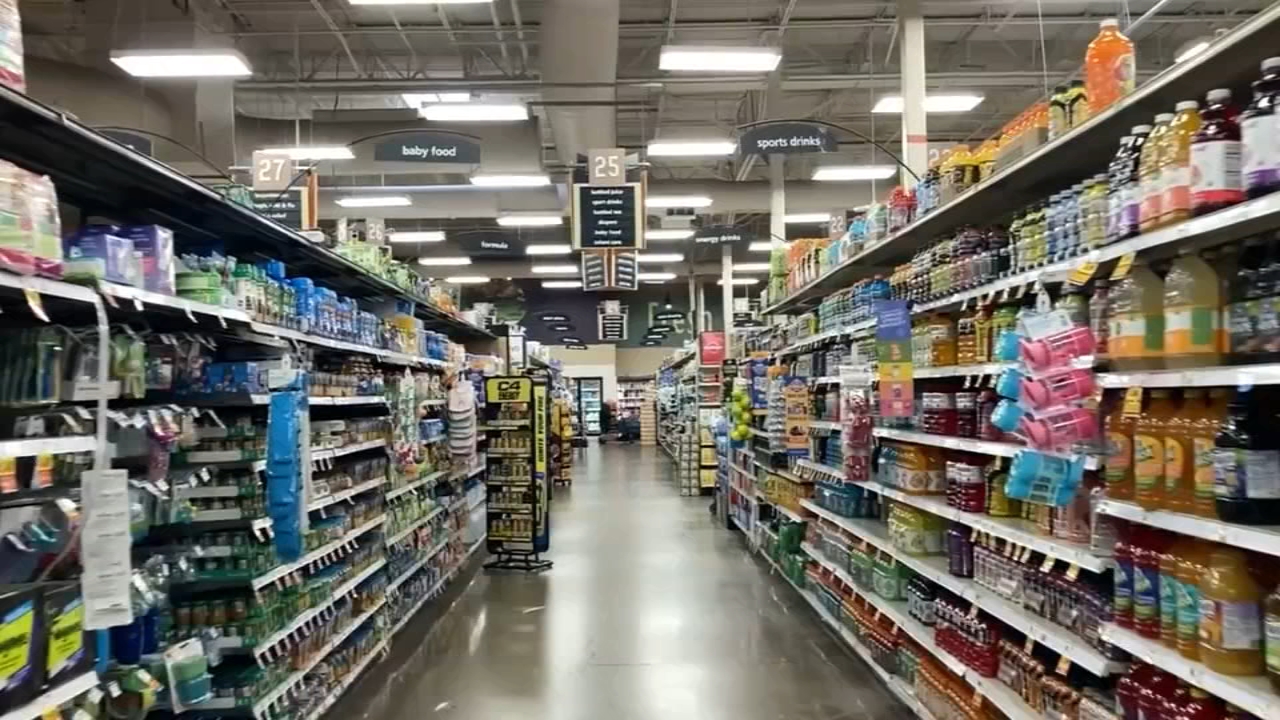Already a subscriber? Make sure to log into your account before viewing this content. You can access your account by hitting the “login” button on the top right corner. Still unable to see the content after signing in? Make sure your card on file is up-to-date.
President Trump has asked a federal court for clarification on whether his administration can legally use contingency funds to continue Supplemental Nutrition Assistance Program (SNAP) payments during the ongoing government shutdown.
Some shit you should know before you dig in: Roughly 42 million Americans rely on the Supplemental Nutrition Assistance Program (SNAP) each month to help cover the cost of groceries. SNAP primarily serves low-income individuals and families, including children, the elderly, and people with disabilities. To qualify, households must meet both gross and net income tests, generally falling below 130% of the federal poverty line, though specific thresholds vary by state and household size. As of 2023 data, the average monthly SNAP benefit per person was approximately $187.

What’s going on now: Following two court rulings handed down within hours of each other, President Trump is seeking judicial clarification on whether his administration has the legal authority to use contingency funds to continue SNAP payments while the government remains shut down. The administration argues that since Congress failed to pass a budget, there is no legal basis to release SNAP funds without new appropriations. Trump claims the legal opinions are conflicting and has instructed his lawyers to ask the courts how to proceed, saying he will fund the program if given clear direction.
This comes after US District Judge Indira Talwani ruled that the Trump administration’s attempt to suspend SNAP payments was “unlawful” and based on a misinterpretation of the law. Her ruling came in response to a lawsuit filed by 25 Democratic-led states and the District of Columbia, which argued the administration had both the legal authority and moral obligation to use contingency funds Congress had already set aside. Judge Talwani did not issue a restraining order but gave the administration until Monday to report whether it would authorize at least partial benefits for November, emphasizing that the suspension rested on an “erroneous construction” of the law.
In a separate but closely aligned case, US District Judge John McConnell in Rhode Island issued a more immediate directive. He ordered the USDA to distribute SNAP funds “as soon as possible” using contingency money, ruling that failure to do so would cause “irreparable harm” to millions of Americans. This case was brought forward by a coalition of cities, nonprofits, and labor organizations that argued halting benefits during the shutdown was arbitrary, capricious, and in violation of federal law.
More to come







